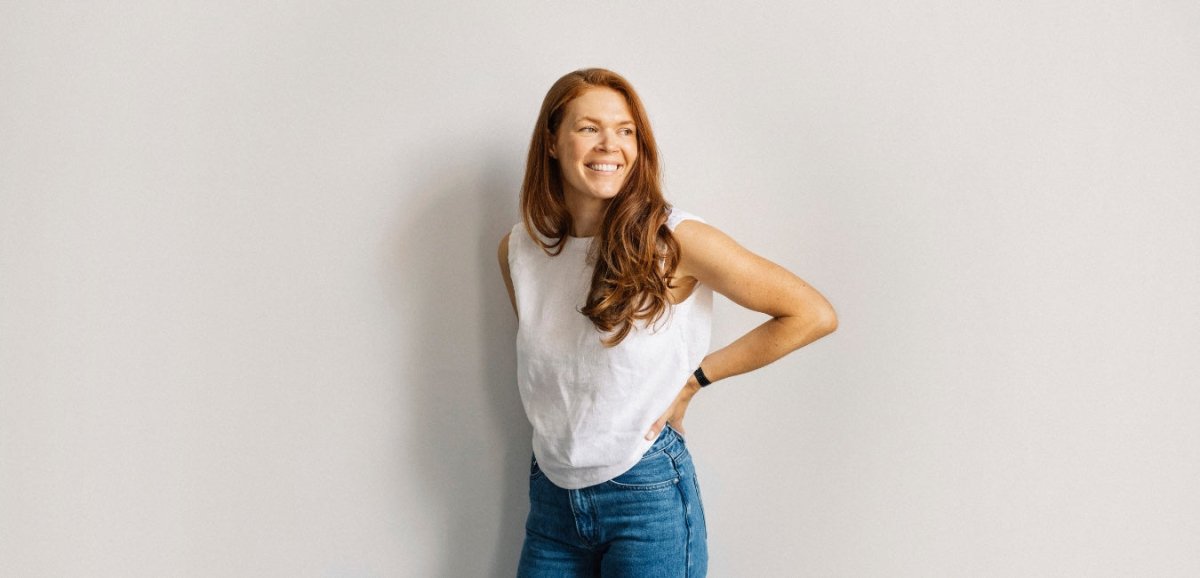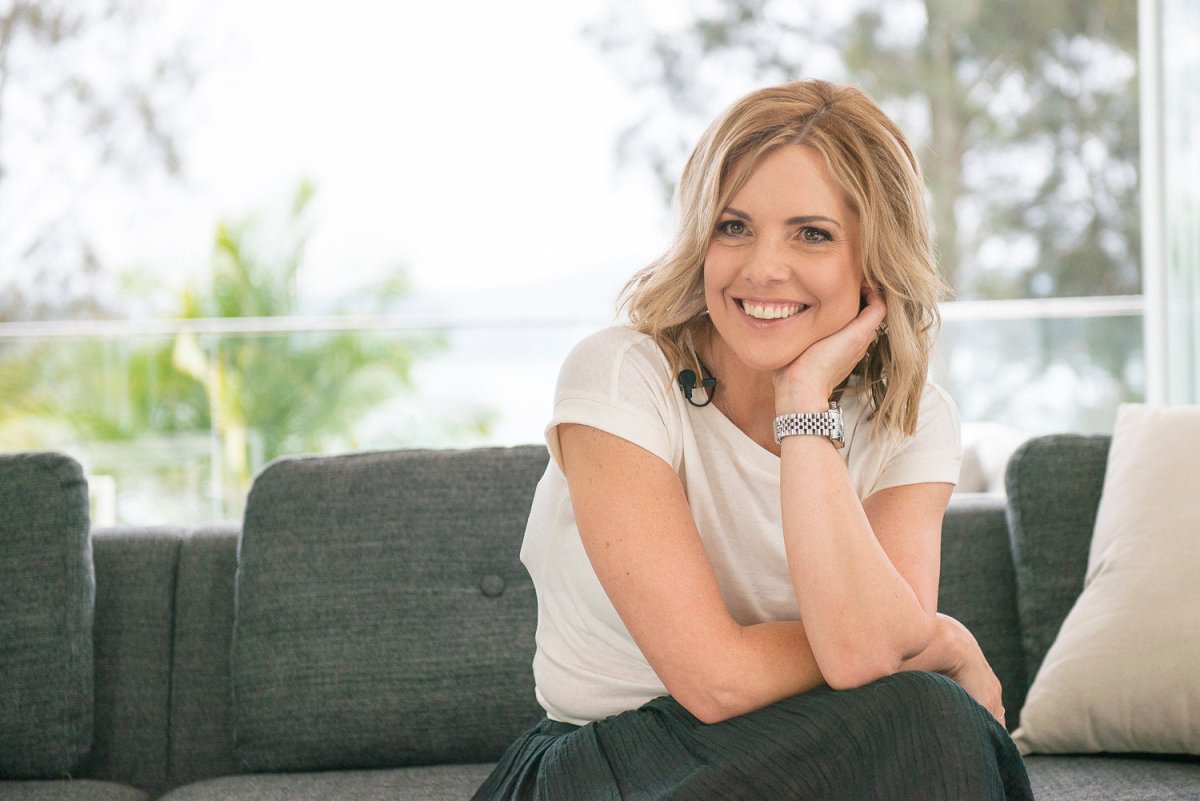CLEAN BEAUTY HERO: Nicole Manning

Meet Nicole Manning, the Co-founder of FENN, a skin sanctuary in Sydney's Paddington - think treatments and products that deliver results, yet still offer sustainable and healthy ingredients.
How did you get into clean beauty?
I’ve always loved being fit and healthy, and I’ve always loved skincare. I think the two go hand in hand.
There's so much confusion around what is 'clean beauty' , what's your definition and take on it?
In establishing FENN, whilst we are focused on products which use ethical ingredients and processes, we are steering away from the term ‘Clean Beauty’. It has lost its meaning and offers little to the customer in terms of understanding the origin, efficacy or regulation of the product. Globally, there has been no clear definition of ‘clean’ which has left the industry vulnerable to marketing.
Partly in response to this ambiguity, FENN has chosen to invest and partner with brands whose founders have an authentic and meaningful story and who we can guarantee that they create their products in a sensitive and sensible way. This tends to mean using the highest quality ingredients and producing in an environmentally conscious way. It also means we can authentically recommend products to our clients with complete understanding of the product and the journey it goes on to arrive in our store.
In short, for us ‘clean beauty’ is better referred to as ‘authentic beauty’. It captures products which are created by real people, solving real problems which we can personally guarantee are created in a conscious way.
What's been the most rewarding aspect, moving to clean beauty?
The relationships with the founders of our brands is hugely rewarding. These people are passionate about what they do, often inspired by personal challenges and experiences. We chat with them as friends, colleagues and business partners and we are proud to bring their products to our clients.
Where have you seen the benefits? your skin? your wallet! maybe you're conscious?
The products are brilliant and the impact on our skin is immediate. That is a given for their inclusion in our store. With regard to price point, a number of the ‘green science’ focussed brands are able to bring beautiful products to market using ‘clean synthetic’ ingredients which are at lower price points than their traditionally ‘clean’ competitors. This is a reflection of the variability of natural ingredients and the supply chains (and energy!) required to move them around the world. This ‘green science’ movement is something which we are exploring and supporting.
What's your tips on switching to clean beauty, did you find it hard?
At FENN, we curate products which bring joy through authenticity, honesty and efficacy. It shouldn't be hard, it should be a logical step and a joy - supported by knowledgeable professionals where appropriate.
What products would you recommend switching to first and what’s been the easiest clean beauty swap?
Things you apply liberally or daily such as body creams, perfumes, deodorant are a great way to start.
What are your fav clean beauty brands?
Too many to list! With Summer approaching I am carrying Mother SPF with me at all times, it's also the only SPF I put on my little girl. Other than that, I am really enjoying Josh Rosebook and Emma Lewisham for now.
What's the biggest myth on clean beauty, do you think?
That natural ingredients are better than synthetic ones.
Both the natural world and the synthetic world can give us high quality ingredients which can do amazing things for the skin. In general, natural is not inherently safer than synthetic. For instance natural ingredients often have a higher rate of allergy than synthetic ingredients, as natural ingredients are usually blends of many different molecules. Often synthetically derived ingredients are more sustainable than natural as they are not using large amounts of natural resources, and can in many cases even be safer as they are a purer form of the active.
‘Clean’ ingredients are important but only one part of the bigger picture. In the same way that you may talk to your butcher or grocer about the origin, treatment and the farmers who grow their produce, we encourage people to speak with us about the ‘whole picture’ of a product, not just the ingredients.



Comments